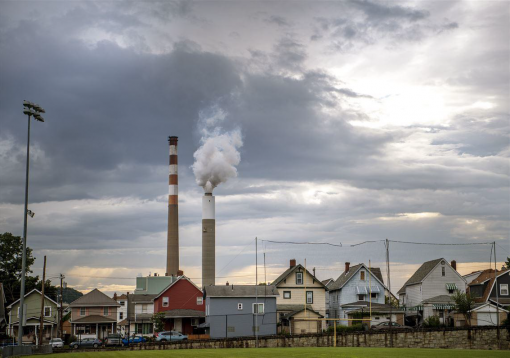Environmental Health Disparities as an Environmental Justice Issue
By Andrew Tseng, UC RIverside
2022-2023 Student Ambassador Cohort - Center for Planetary Health
June 2, 2023

Environmental health disparities are often overlooked as contributors to health. There are many communities like the one pictured above, which are exposed to a poor-quality of environment. This poor quality of the environment in which these communities live contributes to a high rate of sickness and disease than would be experienced by less polluted communities. Oftentimes, these poor environmental qualities are caused by social inequities that have left these communities in these environments. Historically, inequitable land use policies like redlining or disinvestment cause the surrounding areas of these communities to be polluted. These communities have fewer protections, less money, and less access to resources that they can use to combat conditions like factories being built next to their houses, mining operations, or highways cutting across their communities. Communities subject to poorer environmental quality are often communities of color that highlight systemic injustices, making environmental health disparities an environmental justice issue. Climate Change will also exacerbate these existing environmental health disparities where vulnerable and under resourced communities that already face existing environmental health disparities will become even more drastically affected by climate hazards. These issues highlighted should be addressed by the government, institutions, and communities to work together to mitigate and solve these issues.
